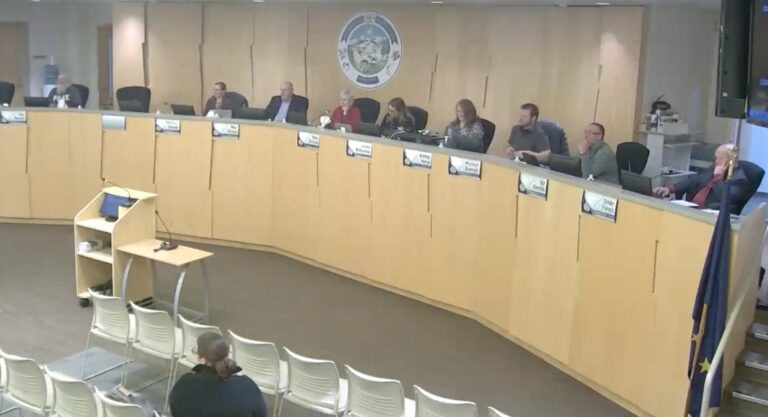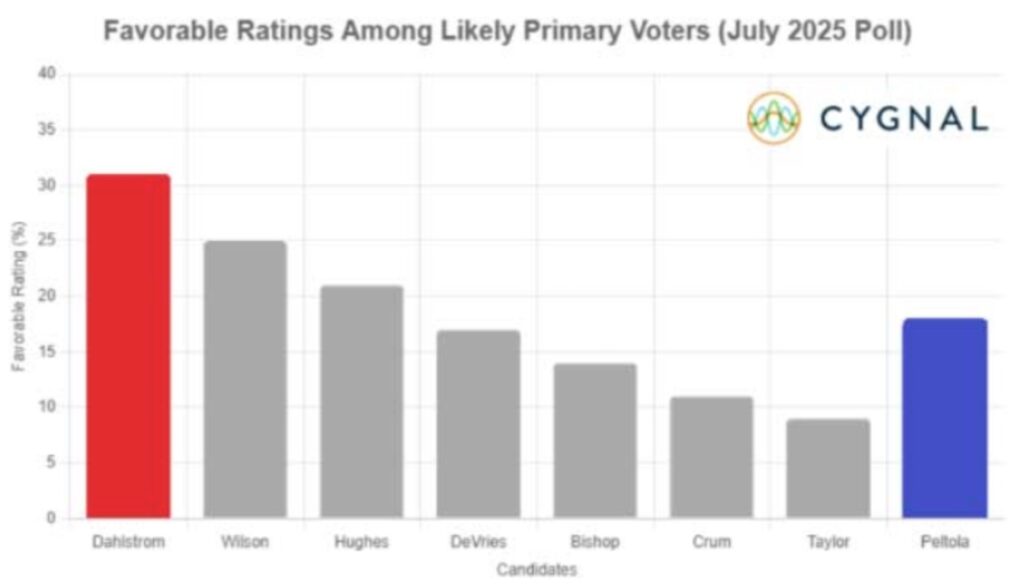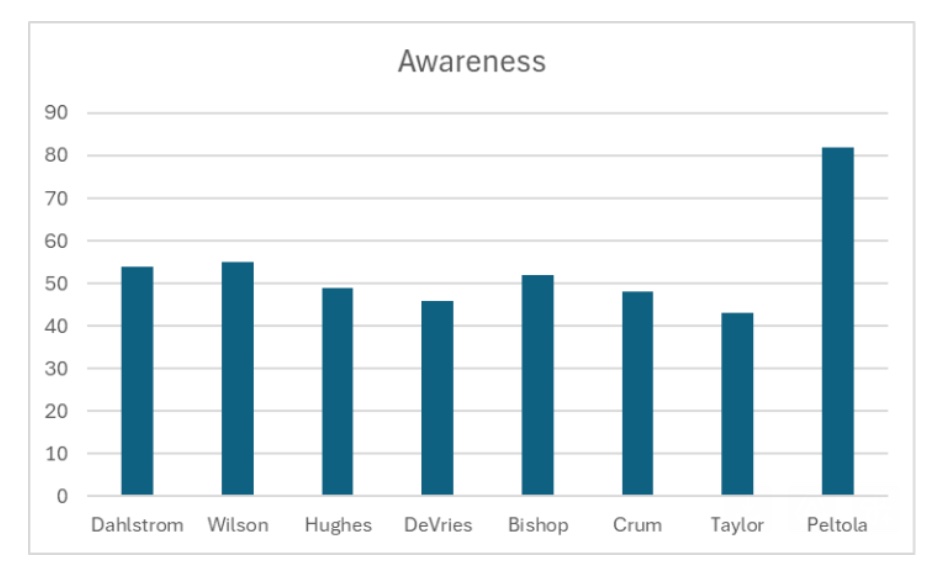By PEGGY ANN MCCONNOCHIE
When I served on the City and Borough of Juneau Planning Commission, we had to comply with Juneau’s Comprehensive Plan before making decisions about everything from building permits and code compliance to land use, zoning, and historic preservation.
The Comprehensive Plan is updated every 10 years, and the process takes approximately three years. Juneau contracted with Cascadia Partners of Portland, Ore., to update our plan. It appears that the contract will cost taxpayers roughly $750,000.
According to their website, “guiding principles” for this updated plan were developed from public input received back in the Spring. I missed that, but did recently take the CBJ Comprehensive Plan survey on the “guiding principles.” I encourage residents to take the survey so that Portland contractors can understand whether these guiding principles truly reflect the needs and priorities of the majority of Juneau residents.
The six guiding principles are:
Lifelong Wellbeing and Family Support; Housing For All; Resilient, Year-Round Local Economy; Environmental Protection and Climate Leadership; Connected Community and Neighborhoods; Culture and Community Identity.
On the surface, it’s hard to disagree with any of those, but some of the assumptions behind those headings raise some red flags for me. How about you?
The guiding principle “Housing for All” refers to compact and small-scale homes, which might be suitable for seniors or young singles. However, as a real estate professional with 43 years of experience, I know that most families want yards and safe streets for their children to ride bikes.
Another assumption under “Year-Round Local Economy” was this:
“A sustainable future for Juneau includes more stable, year-round jobs, especially in small businesses and local industries like arts and entertainment.”
That assumption is not based on reality. What has sustained Juneau over the years is its foundational industries, which employ a large number of people, including government, mining, and tourism. The Kensington mine was the last major project to come online around 2010. Still, aside from tourism, nothing else has come to mind as foundational since then.
Take a look at what’s been happening in Juneau. Families are leaving, and we’ve had to close schools. Small businesses have opened, and we have a nice arts scene, but more new businesses in those areas without people here to support them are bound to fail.
Juneau needs some big things before we need any more little things. The Huna Totem dock will help, and so will the Goldbelt development on the west side of Douglas. The icebreaker and second channel crossing are both significant events and also very necessary. However, the “Guiding Principles” don’t mention any critical points. Is that on purpose?
This same guiding principle also mentions “… improving infrastructure such as the ferry system.” We’ve been trying to do that for years. Still, the falling population in the Southeast has made significant improvements to the ferry system uneconomical. Without a road, the only hope now is Cascade Point, but the guiding principles don’t mention that either.
Under “Environmental Protection and Climate Leadership,” the guiding principles include “…preserving ecosystems like the Tongass National Forest.” That is not the job of the Juneau Planning Commission, and that should be omitted from the guiding principles of our plan. As far as energy independence is concerned, Juneau already leads the way in the number of electric vehicles and boasts 43 public charging stations, 21 of which are available for free.
Finally, under the guiding principle “Connected Community and Neighborhoods,” the assumption seems to be that everyone in Juneau wants a “walkable, mixed-use neighborhood with local shops, schools, and green spaces nearby.” As I mentioned before, many people wish to live in typical suburban neighborhoods! The City has land near the proposed Goldbelt development on the west side of Douglas that could accommodate family subdivisions that would be attractive to Coast Guard families. That is something the city can easily do to open up options for new housing areas.
This section also says that public infrastructure should “reduce car dependency.” Good luck getting people to take the bus to get to their boat in Auke Bay or to Eaglecrest to ski.
My final comment concerns the omission of any mention of Juneau’s historic past or its efforts at historic preservation. Considering the controversy surrounding Telephone Hill, this oversight may seem purposeful.
In conclusion, if Juneau is to grow and thrive, some of the assumptions in the “guiding principles” will have just the opposite effect and cause us to shrink even more.
PeggyAnn McConnochie is a Juneau resident since 1980 and a member of Capital City Republican Women.












